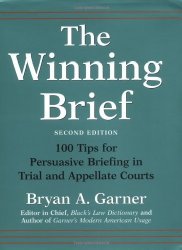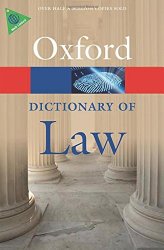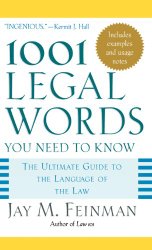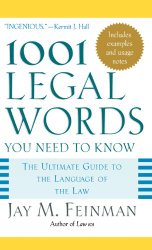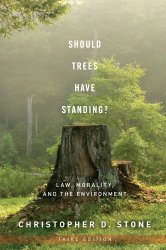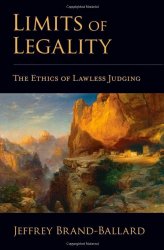The Winning Brief: 100 Tips for Persuasive Briefing in Trial and Appellate Courts
Good legal writing wins court cases. It its first edition, The Winning Brief proved that the key to writing well is understanding the judicial readership. Now, in a revised and updated version of this modern classic, Bryan A. Garner explains the art of effective writing in 100 concise, practical, and easy-to-use sections. Covering everything from the rules for …
